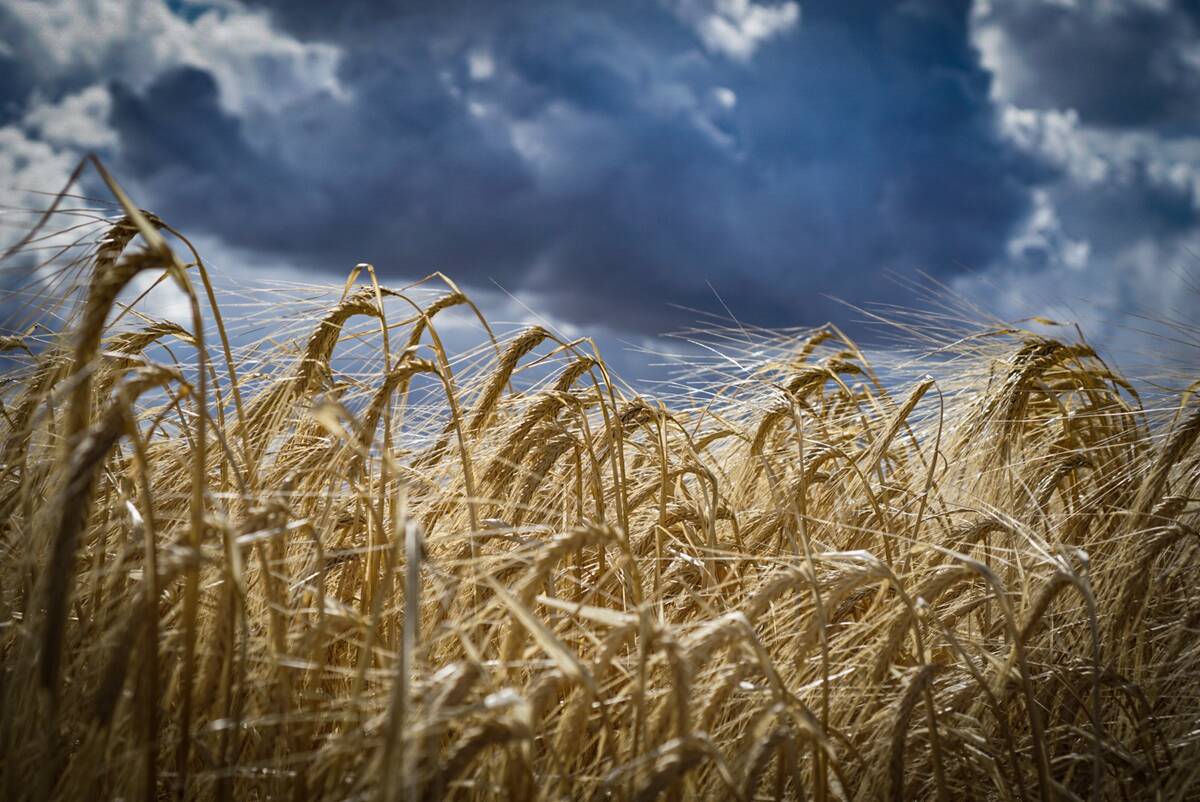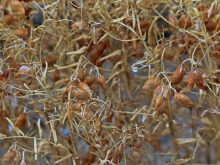Half of India’s lentil imports come from Sask., and the province’s exports to the country were worth $1.4 billion last year
The agriculture sector should be on alert as relations between Canada and India deteriorate, a report warned last week.
StrategyCorp, a management consulting and government relations firm, issued a geopolitical advisory Sept. 22 after prime minister Justin Trudeau said Sept. 18 he had credible information that the Indian government was potentially involved in killing a British Columbia Sikh leader.
“Any involvement of a foreign government in the killing of a Canadian citizen on Canadian soil is an unacceptable violation of our sovereignty,” Trudeau said in the House of Commons.
Read Also

Malting barley exporters target Mexican market
Canada’s barley sector is setting its sights on the Mexican market to help mop up some of the lost demand from China
The two countries had been in trade talks until Canada cancelled a planned trade trip.
After the announcement, each country expelled diplomats, and India suspended visa services.
The chief executive officer of a major Canadian pulse exporter said he is watching developments.
Murad Al-Katib from AGT Foods told reporters in Regina the industry is waiting and watching to see what happens next. He said geopolitical risks are a major part of the industry but he’s confident that once the political issues are resolved, the two countries will continue their long-term partnership.
“We have arable land and water that India doesn’t have. We have farmers that are able to produce at scale, at the lowest cost and highest quality, and India needs the food, so from that perspective we’re optimistic that politics will remain politics,” he said.
Observers and experts have said the situation is unlikely to be resolved soon.
StrategyCorp said stakeholders should assess their risk given the quick decline in the relationship.
“Ultimately, it will be political decisions (and hopefully restraint) that will lead the next steps,” the advisory said.
It said two sectors, agriculture and education, “should immediately be on high alert.” About 28 percent of all international students in Canadian universities are from India.
“Similarly, with Canada being a major agricultural exporter, no wonder (Saskatchewan) premier (Scott) Moe has been so upset with the downturn in relations.”
The document, co-written by a former Canadian ambassador, suggested there is potential for economic retaliation.
“For example, we may see a rise in phytosanitary concerns or other non-tariff barriers applying to Canadian agricultural exports. But this would not happen in a vacuum; food security concerns and Indian domestic supplies of key commodities will be important variables in their calculus,” the advisory said.
India has blocked Canadian lentil imports before.
Canada pinned high hopes on its Indo-Pacific Strategy and just recently opened an agricultural office in the Philippines to bolster trade in the region.
“Canada’s Indo-Pacific Strategy, which counted on India as a counterweight to China, will also suffer a pause, at best. With India having the world’s largest population, it could spell trouble for the trade diversification pillar of the strategy,” the writers said.
However, they also said trade talks between Canada and India have been on and off for years, with India engaging when situations such as food security warrant.
“Let’s not forget the domestic considerations that may also determine Canada’s political will as well. The primary beneficiaries of the agreement would be western Canadian farmers, not exactly a key constituency of the Trudeau Liberals,” they said.
India represents a significant market for Canadian agricultural exports. About half of the country’s lentil imports come from Saskatchewan. Total value of Saskatchewan exports to India last year was $1.4 billion.
Al-Katib said agriculture and food should be left out of any action taken by countries.
“In every crisis in the world, even when we imposed the strictest economic sanctions on a country, we exclude basic foods from those sanctions,” he said.
Saskatchewan agriculture minister David Marit said he had heard on Sept. 21 that some brokers were having challenges with deliveries in India but he had no details.
The StrategyCorp document warned to prepare for the long haul, suggesting the relationship between Canada and India is unlikely to get back on track within the next six to 12 months.
















